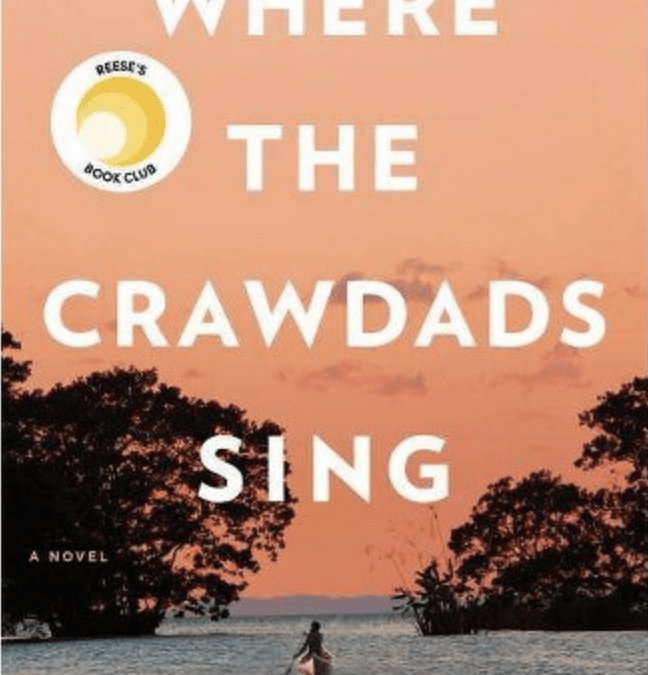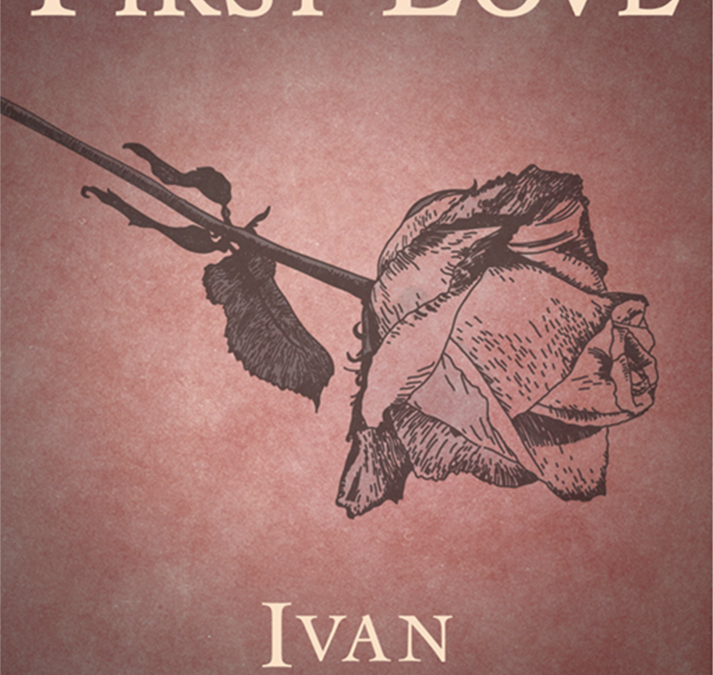Cameron, Fitzgerald, Hanks & Hemingway
Credibility, May Day, The Past is Important to Us & Fifty Grand
I witnessed a cosmic literary alignment this week when reading selections of Julia Cameron, F. Scott Fitzgerald, Tom Hanks, and Ernest Hemingway randomly together. Each of them fit together in a unique way.
Julia Cameron
Julia Cameron’s essay “Credibility” taken from her Right to Write fits with the others like a glove.

Four great writers who sat down and wrote to overcome their fear of whether or not they were good enough.
The essay says that in America we have a conviction “that being published has to do with being ‘good’ while not being published has to do with being ‘amateur.’ We treat the unpublished writher as though he or she suffers an embarrassing case of unrequited love.”
Her male counterparts understood the importance of the act of writing.
What if F. Scott Fitzgerald, Tom Hanks, and Ernest Hemingway had all said to themselves, “My writing isn’t good enough to publish. I’m just going to stick it in the drawer.”
Or worse, “I’m just not good enough.”
Or worse still, “I’ll never be good enough, so I’m not going to write at all.”
You may think I am joking about this, but how many people do you know who have said this? The answer is too many.
Anyone can sit down and write. And the more they do so, the better they will get. As long as they are reading, too.
F. Scott Fitzgerald
F. Scott Fitzgerald’s “May Day,” his first great novelette, was published in July 1920, and related to a series of events that took place in his life in 1919. He feared that he had “unsuccessfully” woven the events into a pattern in his story. But he published the story regardless and it is a wonderful piece of writing.
His story details a Yale reunion on May 1-2, 1919 in New York and follows the antics of Gordon Sterrett, Phillip Dean, Edith Bradin, Carrol Key, Gus Rose, and Peter Himmel. The tale is sad, but has moments of color, yet is told masterfully.
Gordy is caught in a pickle and a situation of misery he seems to have created on his own. But reading the story one gets the sense of the true genius of Fitzgerald’s writing.
Tom Hanks
Tom Hanks’ “The Past is Important to Us,” in his book, Uncommon Type, introduces us to Bert Allenberry, also in New York City, who has developed a time machine that allows him to go from near future to June 8, 1939 where he frequents the World’s Fair and finds himself infatuated with a woman from another time.
Hanks weaves a great tale of Bert not being happy with what he has, all the money he could want, and longing for something he can’t have. Like Gordy, Bert’s demise is created out of his own greed. The underlying theme is very much the same between the two stories written almost 100 years apart.
Ernest Hemingway
Ernest Hemingway’s story, “Fifty Grand,” from The Short Stories of Ernest Hemingway, The Hemingway Library Edition, involves a washed-up boxer named Jack Brennan who is facing his last fight and puts $50,000 down on himself to lose.
This is another story set in New York city. In this edition, there are extras with previous versions of the stories included. Right behind the published edition is exhibit 12A which has the note, “1st 3 pages of story mutilated by Scott Fitzgerald with his—.”
Boxing stories aren’t really my thing, but Hemingway’s writing is so rich and concise. Remember, he says 80 percent of a story should be like an iceberg—with the bulk of it unseen.
Conclusion
So how is it that I can pick up four books randomly and read four separate pieces together and they have overlapping themes?
That remains a mystery, but in part, Hemingway and Fitzgerald hung out together as best friends. They fed off each other. Tom Hanks has been an actor, screenwriter, director, and producer. His writings also have appeared in The New York Times, Vanity Fair, and The New Yorker. His book Uncommon Type, where every story features a typewriter, is his first collection of fiction.
Each of these writers overcame what Julia Cameron wrote about in her essay “Credibility.” They, like all writers, heard the call all writers hear and did something about their need to write. They sat down with blank sheets of paper, pricked their fingers and poured their hearts out onto the pages before them. Then they went back time and again and revised and made their words better and better and better.
I’ve been studying and writing short stories of late. Writing short stories is a pathway to the soul of writing. They don’t allow for lengthy writing. A writer must be concise. The transformation of the lead character must happen in a few paragraphs. The whole story is contained to about 1,500 words. This demands practice and determination. Once a writer perfects such a medium, he/she is better prepared for novel writing. Or so the theory goes.
I’m about to do my fourth revision of my novel The Voodoo Hill Explorer Club. I’ve been writing short stories for about two months now. They are a joy to compose and challenging as well. My word usage is much tighter than before. That’s the biggest thing to come from this exercise, but so is the joy of telling new stories. I highly recommend such a study. Not to mention reading from masters like the four authors above. You will be surprised how much you will learn.






0 Comments